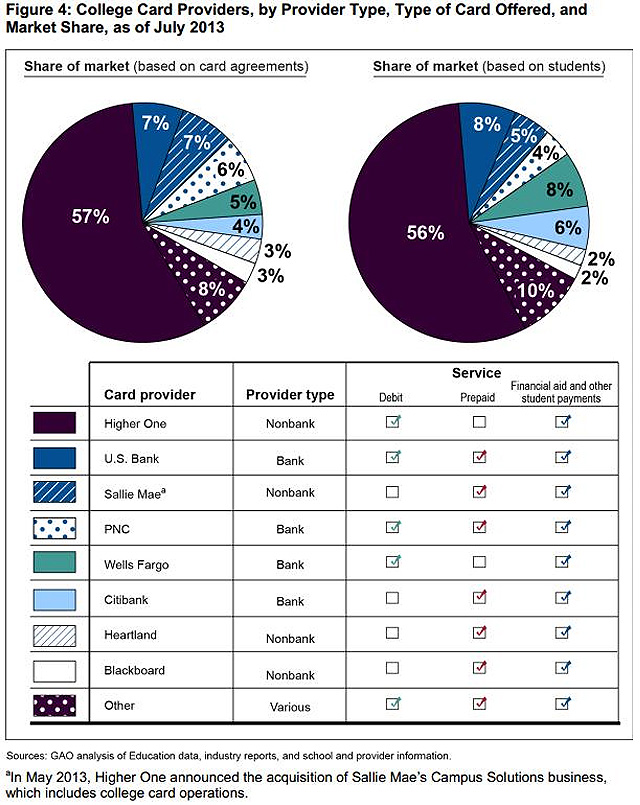GAO’s Financial Markets and Community Investment Team
- Financial Markets: This fiscal year, one report examined government support for banks and another report discussed the status of international financial reform efforts and the U.S. role.
- Housing: We issued a report examining the effectiveness of the Department of Housing and Urban Development’s efforts to promote self-sufficiency among residents.
- Community Investment: We have reviewed how the Economic Development Administration documented its grant decisions under its two largest programs.
- Small Businesses: Our work in this area includes a report that examined the Treasury Department’s management of the State Small Business Credit Initiative; and a report that examined the Small Business Administration’s Patriot Express pilot loan program, which provided credit to veteran-owned small businesses.
- Consumer Protection: We have issued a report on the effectiveness of federal financial literacy activities; and a report on the lack of comprehensive federal protections for consumer data collected and sold by information resellers.

Excerpted from GAO-14-91
College cards can benefit students and schools, but concerns exist about fees, student choice, and transparency. Students may not be getting information that enables them to adequately assess whether a college card best meets their individual needs and is the most cost-effective choice for receiving student aid. We asked Congress to consider requiring that financial firms providing card services to colleges file their agreements with the Consumer Financial Protection Bureau (CFPB) for public review. We also recommended that the Department of Education, in consultation with CFPB, develop requirements for schools and card providers to present students with objective and neutral information on their options for receiving federal student aid payments.- Questions on the content of this post? Contact Orice Williams Brown at WilliamsO@gao.gov.
- Comments on GAO’s WatchBlog? Contact blog@gao.gov.

GAO's mission is to provide Congress with fact-based, nonpartisan information that can help improve federal government performance and ensure accountability for the benefit of the American people. GAO launched its WatchBlog in January, 2014, as part of its continuing effort to reach its audiences—Congress and the American people—where they are currently looking for information.
The blog format allows GAO to provide a little more context about its work than it can offer on its other social media platforms. Posts will tie GAO work to current events and the news; show how GAO’s work is affecting agencies or legislation; highlight reports, testimonies, and issue areas where GAO does work; and provide information about GAO itself, among other things.
Please send any feedback on GAO's WatchBlog to blog@gao.gov.
